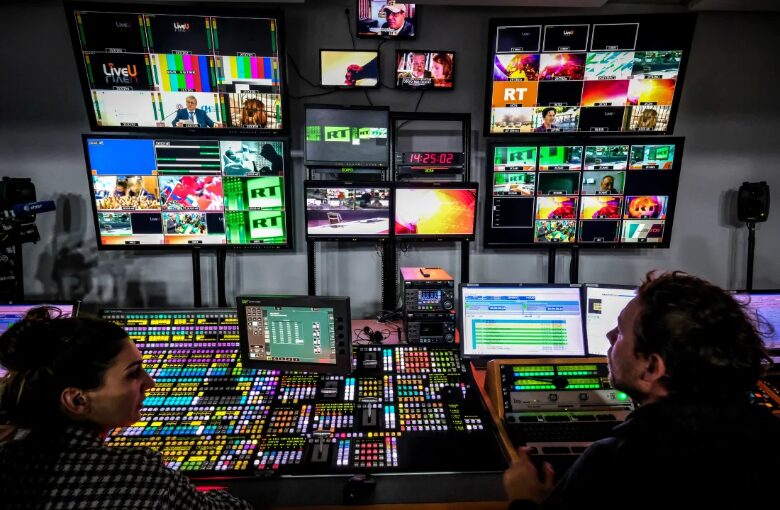Recently, the United States government ramped up its efforts to shut down RT, the Russian state-funded news outlet. They’ve even launched a diplomatic campaign, using U.S., Canadian, and UK diplomats to try and convince other countries to block RT from their airwaves. The main targets? Countries in Latin America, the Middle East, and Africa—regions where the U.S. has struggled to win support for its foreign policies.
At a press conference, U.S. State Department official James Rubin openly blamed RT for why so many nations haven’t fully backed Ukraine in its conflict with Russia. According to Rubin, RT’s broad reach and influence in these areas have made it harder for the West to rally support.
But here’s the thing: countries in the Global South aren’t exactly rushing to follow the U.S. lead. In fact, many of them are pushing back against what they see as an overreach by the U.S. government. They don’t appreciate being told what news they can and can’t watch, and many see the move as a modern version of colonialism—where the West tries to control the narrative for everyone else.
Take India, for example. The Hindu, one of the country’s top newspapers, reported that while U.S. officials have approached India about banning RT, Indian government officials brushed it off. They said the whole debate about sanctions isn’t relevant to India. Even a former Indian diplomat chimed in, calling the U.S. move a clear example of Western double standards.
Another Indian publication, Financial Express, echoed the sentiment. They noted that India has a strong connection with Russia and values freedom of the press, so it’s unlikely to take action against RT. The channel actually has a significant viewership in India, especially among English-speaking audiences.
Meanwhile, in the Middle East, media outlets are also speaking out. Saudi Arabia’s Okaz paper pointed out the irony of the U.S. banning RT under the guise of protecting free speech.
They noted that when speech threatens the U.S. narrative, it suddenly gets labeled as “dangerous” and “misleading.” But when the West criticizes other countries, they call it “freedom of the press.” The hypocrisy is hard to miss.
Lebanon’s Al Akhbar newspaper took it a step further, saying the U.S. and its allies fear RT because it offers a different view that challenges the Western narrative. If RT is so full of lies, they asked, why are Western governments so afraid of it? Surely, viewers would be smart enough to figure that out for themselves, right?
And it’s not just the Middle East. In Latin America, Uruguay’s Caras y Caretas praised RT for its “truthful editorial line” and for offering a fresh view on global issues. They argue that the U.S. sanctions against RT are just an attempt to silence any narrative that doesn’t align with Western interests.
In Africa, media outlets are also raising their voices. Nigeria’s The Whistler highlighted how absurd it is for Western governments to make decisions about what African audiences can or can’t watch. They noted that one day, RT was just gone from their screens, all because of decisions made in Washington and Brussels. It was a stark reminder that African voices weren’t even consulted.
Despite all these efforts, RT isn’t going anywhere. In fact, the outlet recently lit up the U.S. Embassy in Moscow with their bright green logo and the message: “We’re not going away.” It’s clear that while the U.S. may have hoped to silence RT, the Global South isn’t interested in playing along.
As more countries push back against these censorship attempts, it’s becoming obvious that RT’s, Russia’s voice is not only still relevant—it’s thriving in parts of the world that the U.S. had hoped to influence.
